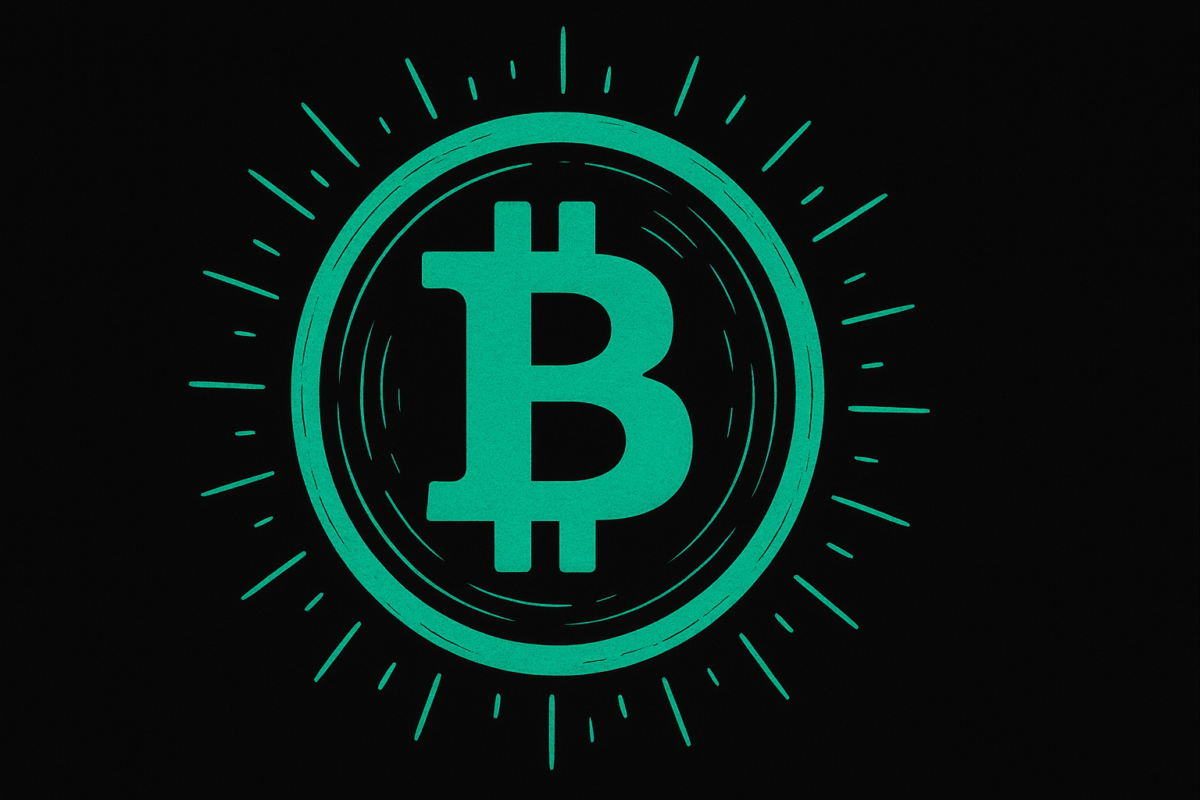- Rising tariffs and weakening trust in fiat currencies could drive investors toward Bitcoin’s fixed-supply stability.
- Global de-dollarization and economic fragmentation may position Bitcoin as a neutral, borderless store of value.
As US-China trade tensions hit boiling point once again, the global financial system is starting to tremble. But while traditional investors grow uneasy, Bitcoin could be sitting on the edge of something massive. The leading cryptocurrency, still hovering near $76,400 after a 4.30% daily dip, may soon be pushed by tariffs and geopolitical friction.
Analyst Ben Sigman, who heads Bitcoin Libre, believes that the same factors spooking Wall Street could fuel Bitcoin’s next leap. In a recent post on X (formerly Twitter), Sigman laid out a five-part case explaining how escalating tariffs might end up being the best thing to happen to BTC in a long time.
Despite the broader market being stuck in a slump, Sigman’s perspective stands out—and his reasons speak directly to the fragile seams of today’s economic order.
1. When the Dollar Peaks and Cracks
Tariffs, by their very nature, push up the demand for the US dollar. In the short term, this might look like a strength. But Sigman warns of the storm that comes after the calm. He points to the $12 trillion in emerging market (EM) debt pegged to the dollar as the pressure point.
“Tariffs spike the dollar. EMs crack under $12T in USD debt. Trust in fiat slips. Capital scrambles for fixed-supply safety,” he wrote.
When that trust falters, investors will want out of fiat. Bitcoin, with its capped supply and decentralized nature, becomes a logical alternative.
2. Inflation’s Hidden Door to Bitcoin
Every time tariffs go up so does the price of goods. Global supply chains shrink and economic growth slows. In response, central banks might be forced to cut interest rates again, which reduces the value of national currencies. Sigman sees a clear outcome: People will look for safer stores of value.
Because Bitcoin is not tied to any nation and its supply is fixed, he suggests it becomes a strong hedge. In a world where inflation eats away at savings, Bitcoin may offer a way to hold on to value—even grow it.
3. Exit from the Dollar Club
Another of Sigman’s big signals is de-dollarization. Countries like China now conduct over half—56%—of their trade using the yuan instead of the US dollar. That number alone shows how quickly the world is moving away from dollar dominance.
He believes this pivot will accelerate, especially among BRICS countries. But the move isn’t just political—it’s practical. As an alternative to the dollar rise, Bitcoin can sneak in as a neutral, no-nation option.
“Bitcoin thrives in a fragmented world as the neutral, global option,” Sigman said, making a case for BTC’s growing appeal amid shifting allegiances.
4. Panic Can Be Profitable (For Some)
Sigman is blunt: The financial hit from a full-scale tariff round could wipe $5 trillion from the markets. If that happens, bond yields would likely sink and even gold might lose its shine. It’s a recipe for panic—and also for risky bets.
As markets spiral, Bitcoin’s wild swings might become exactly what some investors are looking for. High volatility, in times of fear, can look like opportunity. When everyone else is fleeing, some might chase Bitcoin hoping for big rewards.
5. The Cracks in the System Are Showing
Underneath all the panic and politics, Sigman argues there’s a deeper issue: trust. As tariffs trigger defaults and debts pile up, people start to doubt the very system that holds everything together. For him, that’s where Bitcoin was always meant to step in.
“Bitcoin was built for this – permissionless, borderless, bankless,” he wrote. When faith in banks, borders, and fiat begins to erode, BTC stands untouched by all three.
Still, not all experts agree with Sigman. Fred Krueger, another known voice in the space, offered a much more grim forecast. He warned that if the US imposes over 100% tariffs on China—something he believes could happen within a year—it could sink Bitcoin and even Solana.



